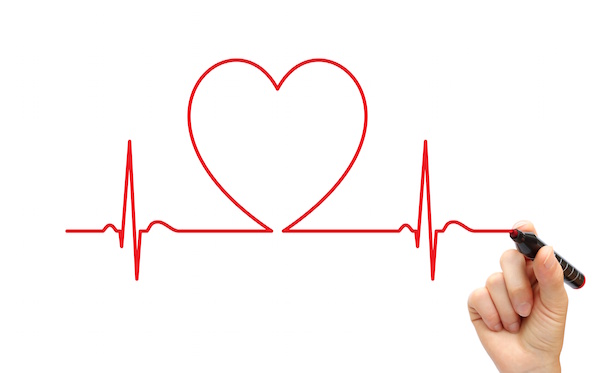
MONDAY, Jan. 26, 2015 (HealthDay News) — People with chronic insomnia may be at increased risk for high blood pressure, a new study from China suggests.
The researchers found that people with chronic insomnia who took longer than 14 minutes to fall asleep had a 300 percent higher risk of high blood pressure. The longer they took to fall asleep, the greater their risk.
Although this study found a link between sleep troubles and high blood pressure, it wasn’t designed to prove whether the lack of sleep actually caused the higher blood pressure.
Chronic insomnia is having sleeping difficulties for more than six months. The study included more than 200 people with chronic insomnia and almost 100 normal sleepers. Their average age was 40. They were assessed at West China Hospital, Sichuan University, in Chengdu, China.
While insomnia has long been regarded as a nighttime sleep disorder, some studies suggest it is a state of 24-hour higher (or hyper) arousal, the study authors said.
The study is the first to examine whether insomnia with physiological hyper-arousal — defined as a longer time to fall asleep — is linked to high blood pressure. The findings were published Jan. 26 in the journal Hypertension.
“Although insomniacs complain of fatigue and tiredness during the day, their problem is that they cannot relax and that they are hyper,” study co-author Dr. Alexandros Vgontzas, a professor of sleep research and treatment in the department of psychiatry at the Pennsylvania State University College of Medicine in Hershey, Pa., said in an American Heart Association news release.
“Measures that apply in sleep-deprived normal sleepers — napping, caffeine use or other stimulants to combat fatigue — do not apply in insomniacs. In fact, excessive caffeine worsens the hyper-arousal,” Vgontzas added.
More information
The American Academy of Family Physicians has more about insomnia.
Copyright © 2026 HealthDay. All rights reserved.

